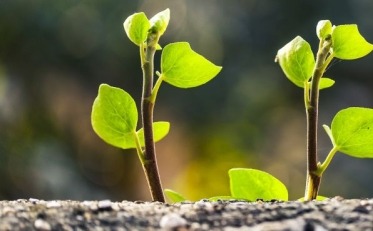Circular economy represents a new economic paradigm focused on sustainability and resource preservation. It aims to minimize waste and maximize resource utilization through reuse, recycling, and valorization. This article explores the challenges of developing the circular economy and its role in promoting sustainable economic growth.
CONTRIBUTION OF THE CIRCULAR ECONOMY TO SUSTAINABLE DEVELOPMENT:
The circular economy contributes to sustainable development in several ways. Firstly, it reduces pressure on natural resources by promoting material reuse and recycling. Secondly, by decreasing dependence on virgin resources, it preserves ecosystems and limits greenhouse gas emissions. Additionally, by encouraging new sustainable business models, it stimulates innovation and the creation of green jobs.
MAJOR CHALLENGES OF ECONOMIC EFFICIENCY FOR SUSTAINABLE DEVELOPMENT:
A major challenge for economic efficiency in sustainable development is reconciling economic, environmental, and social objectives. Despite the opportunities offered by the circular economy, its implementation can be hindered by obstacles such as high initial costs, gaps in recycling infrastructure, and inadequate regulations. Moreover, lack of consumer awareness and education can limit the adoption of responsible behaviors.
AREAS OF ACTION OF THE CIRCULAR ECONOMY:
The circular economy operates at various levels to promote sustainability. Firstly, it encourages the design of products that are linear and easily recyclable from their inception. Secondly, it promotes the establishment of efficient collection and recycling systems to valorize waste and by-products. Finally, it advocates for the transition to circular business models, such as leasing, repair, and sharing, extending the lifespan of products and reducing their environmental impact.
PRIMARY OBJECTIVE OF THE CIRCULAR ECONOMY:
The primary objective of the circular economy is to break away from the linear consumption model and promote more efficient resource utilization. By adopting a holistic approach to material flow management, it seeks to create a virtuous circle where waste becomes a resource and where economic growth is decoupled from natural resource consumption.
The circular economy represents a major opportunity to promote sustainable development on a global scale. By adopting a systemic and collaborative approach, it can contribute to addressing some of the most pressing challenges of our time, such as climate change, pollution, and resource depletion.
